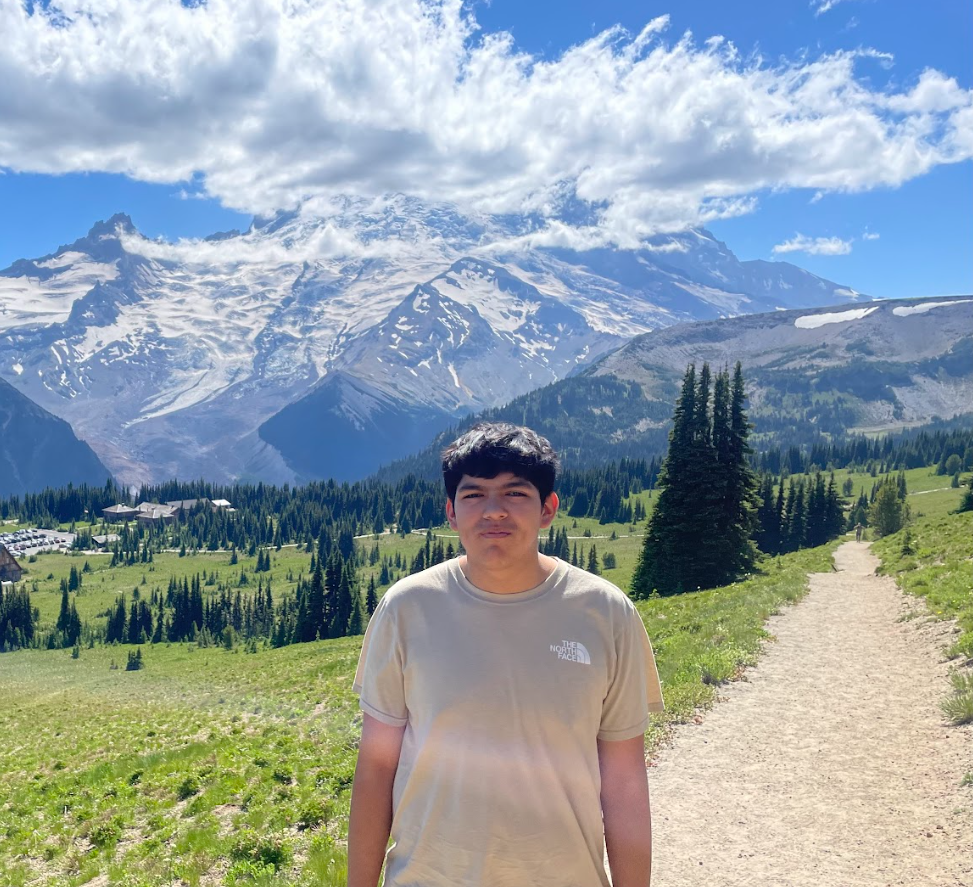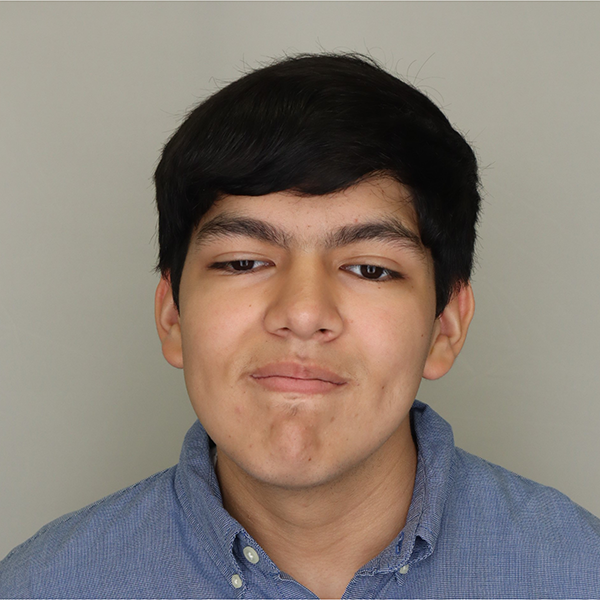Intern, UW
Oscar is a first-year Engineering undeclared student at the University of Washington. He is originally from the Yakima area and comes from a first-generation immigrant background. He hopes to graduate from the University with an electrical or mechanical engineering degree. He likes trying new types of food and knows Seattle is a great place to try new foods, so he is excited for that. Lastly, He’s excited to work with the CLF this school year (2023-2024) and learn more about carbon emissions.
di Oscar Jimenez
I spent all of my life growing up in the Yakima Valley area. I come from a large agricultural family and community background. Some of my earliest memories were in cherry and apple orchards, joining my parents as they worked hot summers harvesting the crops. I am a first-generation college student striving to be the first person to graduate from the University of Washington in my family.
I first was introduced to embodied carbon in middle school, when my science teacher presented its potential negative effects to the classroom. I then started looking at my community and seeing how much energy everything takes to create and maintain. For example, the energy needed to plant crops and fields, establish farms, and raise livestock is all much more immense than most people even realize. All of these moving parts ingrained in my community took up incredible amounts of energy. Carbon emissions constitute more than just the light switches in our own homes. The embodied carbon that it takes to get fresh produce and crops from the ground to the dinner plate is mammoth. Agriculture needs irrigation, transport to factories where the food can become processed, transport from the factories to stores, and then transport to the homes of people.
While some of these processes are contributors to carbon footprint as opposed to embodied carbon, there are still embodied carbon demands on car and truck factories produced when so much transportation is critical to the agriculture industry. Without the production of heavy machinery and farm equipment, the industry would cease to be as efficient in producing food as it is now. Ultimately, all of these moving parts that I have listed required some sort of embodied carbon. The reason I am studying engineering is to help people and the environment by contributing to new technologies and innovations that will fundamentally change how we produce, manufacture, and live.
My time here at UW has helped me realize all of the great ways the city of Seattle fights carbon emissions, such as providing buses and the light rail system. This has sparked my interest in the future of public transportation. The work I will do as an intern with my team and cohort will hopefully lead to our completion of a project by the end of the upcoming spring quarter related to public transportation. I also hope to take what I learn throughout CLF and use it in engineering to help solve environmental issues that I am exposed to. Ultimately, I hope to take full advantage of the learning opportunities presented to me and learn from amazing leaders such as Professor Simone and Dr. Rana throughout this year.
I am excited to be a part of CLF, contribute, and collaborate with my team in support of our common goal of fighting global carbon emissions.

Oscar hiking at nearby Mount Rainier

The reason I am studying engineering is to help people and the environment by contributing to new technologies and innovations that will fundamentally change how we produce, manufacture, and live.